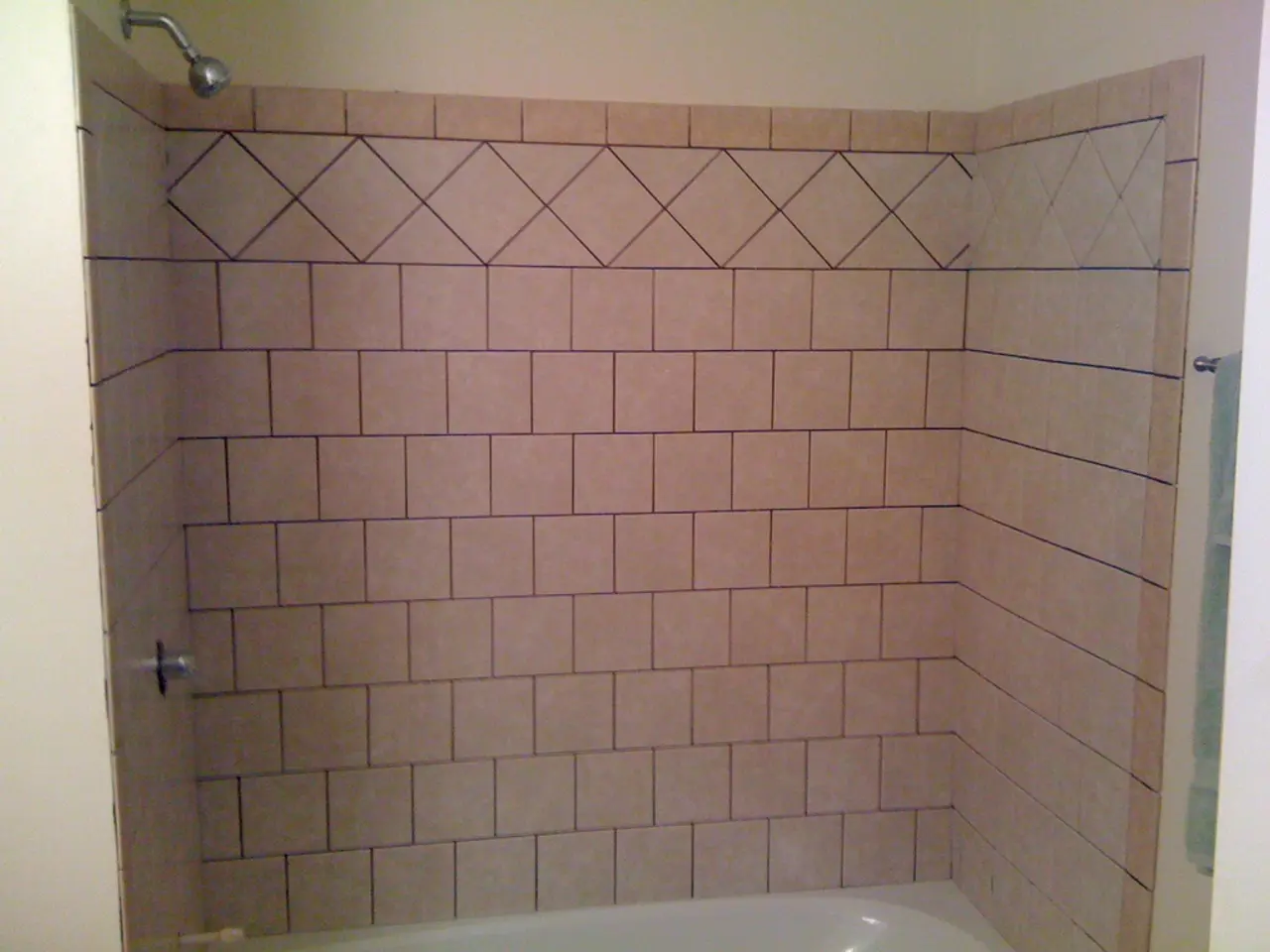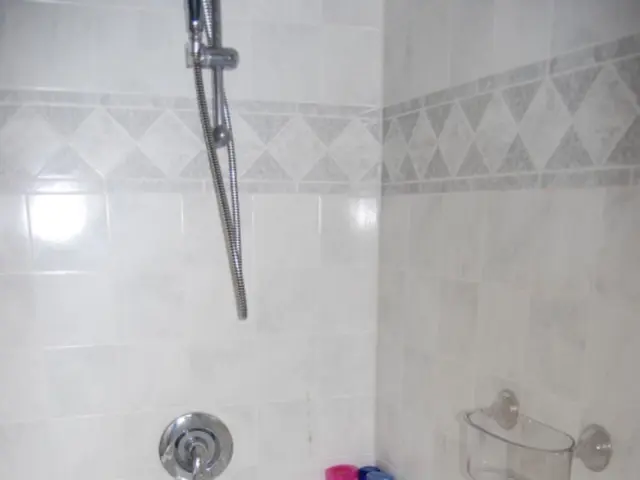Comparing electronic showers to mixer showers: Which option is the better choice for you?
In the world of bathroom hardware, two popular shower systems stand out: electric showers and mixer showers. These two types of showers differ significantly in how they heat water and their dependency on a home's hot water system.
Electric Showers
Electric showers heat cold water instantly using an internal heating element as the water passes through the unit. They do not rely on the home's boiler or hot water storage and provide consistent hot water regardless of other water usage in the home. This makes them particularly suitable for homes with limited or inconsistent hot water supply or low water pressure.
However, because they use electricity to heat water on demand, they can have higher electricity costs and may require sufficient electrical capacity for installation. Electric showers only require a cold-water supply, making them a practical choice for homes with limited space or outbuildings. Some of the more expensive models contain in-built pumps that will increase the flow of water, benefiting homes that struggle with low water pressure.
Mixer Showers
Mixer showers, on the other hand, blend hot and cold water supplies from the home's boiler or hot water tank, relying on the home's existing hot water system. They offer better performance in homes with good hot water pressure and provide steady temperature control. However, installation can be more complex compared to electric showers, and performance can be affected by variations in boiler pressure or simultaneous use of other hot water outlets.
Mixer showers tend to cost slightly more than electric showers, particularly those with a thermostatic function. Despite this, they provide a more powerful flow when compared to electric showers, as they use the home's plumbing pressure.
Home Scenarios
When considering which shower is best for your home, it's essential to evaluate your specific situation. Here's a breakdown of various home scenarios and the best shower type for each:
- Homes with a combi boiler and good pressure: Mixer shower – Direct connection to the boiler ensures a steady hot water supply and temperature control.
- Homes with limited or no hot water system: Electric shower – Independent heating ensures consistent hot water availability.
- Homes with low water pressure: Electric shower – Can operate effectively even with fluctuating or low pressure.
- Homes with a preference for modern tech: Digital mixer shower (advanced mixer) – Offers precise temperature control, user presets, remote control, and stylish design.
In summary, electric showers are self-contained units ideal for homes where hot water supply or pressure is an issue, while mixer showers rely on the home's boiler and are better suited for homes with reliable hot water systems and pressure. By understanding the unique features and benefits of each shower type, homeowners can make an informed decision that best meets their needs and preferences.
[1] [Source 1] [3] [Source 3] (Optional, if needed for further information or references)
Read also:
- Pharmaceutical workplace safety is bolstered by the implementation of Safety Eyewear Programs.
- Slower Electric Vehicle Adoption in India Compared to US, EU, and China According to NITI Aayog Report
- Real-time AI intelligence from iRasus enhances electric vehicle battery safety.
- Visionary Deaf Jamaican Business Owners Craft Beans With a Mission for Specialty Coffee Production




